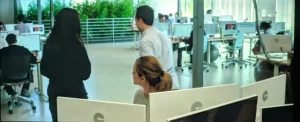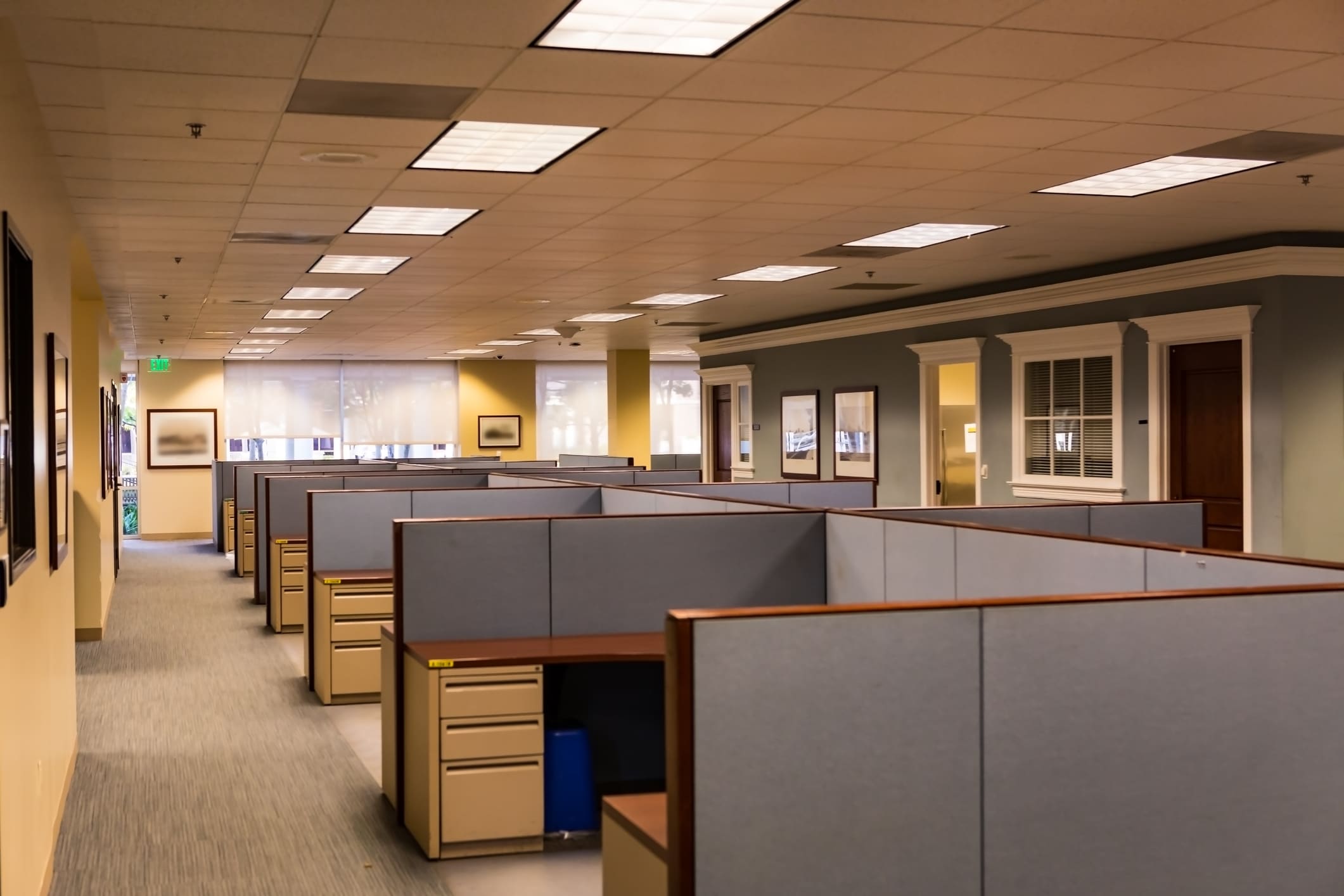After years of freelancing and working alone at home all day, I was probably due to return to a workplace when the pandemic hit. During the time it took to get through the coronavirus and the responses to the coronavirus, my isolation became excruciating and I longed for an in-person workplace surrounded by others. Now I’m back in a downtown Chicago office all week long, but I’m just as lonely as ever.
Part of my pain is how no one understands it. You know how a painful experience feels worse when you feel like you’re the only one going through that experience? Apparently I’m the only one in the entire country (world?) who wishes people would come back to the office. When I talk about my loneliness because of how much time my coworkers spend at home, people give me one of two reactions:
- “I like working from home.”
- “I wish I could work from home.”
I’ve had to ask outright for the person I’m talking to, to please say the words, “That sounds hard for you, Regina.” It’s as if my friends and coworkers can’t see outside of themselves anymore, as if no one can put herself in someone else’s shoes. There are many kinds of pain that elicit an “I’m sorry to hear that.” But my workplace loneliness doesn’t.
I turned on Netflix recently and watched a few minutes of the Emma Watson movie The Circle. It came out in 2017 and shows the Silicon Valley culture that provided everything workers could possibly need, from foosball tables to nap rooms to beer-on-tap, so employees would stay at work all the time. It turns out to have been a short-lived tactic to wring everything possible out of employees, but when I first saw the movie in 2018, that culture was going strong in a lot of companies.

The Circle (2017)
This time I had to turn off the movie after about 5 minutes. It was too painful to see the kind of community workplaces used to have. It was too painful to see all the employees at their desks when I’m surrounded by mostly empty cubicles day after day. I sit in silence and do my work while trying to ignore my longing for chatter and the sound of keyboards and the opening and closing of meeting room doors. I’m painfully isolated in a workplace where most of my coworkers mostly work from home.
I’ve been in the workforce for almost 32 years and I used to enjoy going to work in a building where everyone came in every day. I was the oddball who liked meetings, and staff lunches, and the mandatory celebrating of birthdays. I even liked the boring all-staff meetings when the head of the organization droned on about the future.
At my last regular desk job, I loved when the workday got interrupted by those huge sheet cakes that were provided on the anniversary of the organization. I liked all of us working at our desks, all in the same place, Monday through Friday. It seemed fair to me that we had to physically be present in order to do our work. It meant days off were true days off and sick days were truly sick days.
I’m heartbroken that it’s all gone. And I’m further heartbroken by how it seems no one wants to hear this, no one will give me any sympathy about it, no one will acknowledge what’s been lost. I know I’m on the wrong side of history, hoping the Evil CEOs will strong-arm everyone back into their offices, but does that mean my pain doesn’t deserve any attention?
I suppose my peers have too much invested in the hybrid work arrangement to listen to this. Across the country, many want the hybrid work option set in stone. Many want the practice of coming to the office whenever you want, for however long you want, without needing to request it or inform anyone (that’s how it is where I work), to be our permanent way of doing business.
And it’s entirely possible that I’m part of the latest generation of soon-to-be-defunct old people who impotently shake our fists and say, “This isn’t how it used to be,” as if our opinion will ever matter again. It will probably be better when I’m dead and the world can go on, in agreement about how it’s actually best for no one to ever leave home.
Still, even if no one agrees with me and no one feels similar loneliness in the workplace, it would be nice if I could talk about this with my peers and feel heard, and at least get the token sympathy of “That sounds hard for you, Regina.”




0 Comments